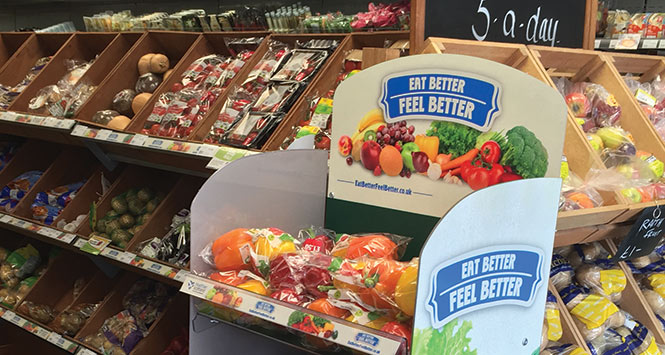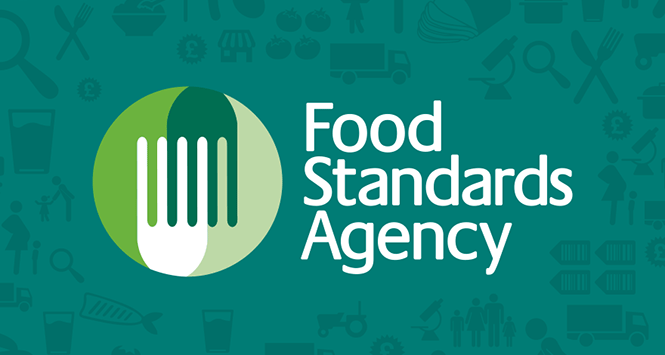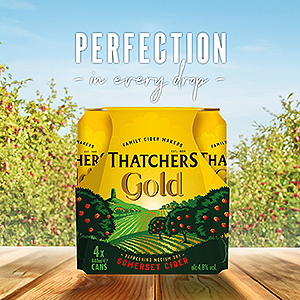The Food Standards Scotland (FSS) Board has recommended that the country’s Dietary Goals should be updated to reflect the recent recommendations from the Scientific Advisory Committee on Nutrition (SACN) on carbohydrate and health, but what does all that actually mean?
by Kevin Scott
Even if you coat your morning porridge with shaved kale, and wash it down with a wheatgrass shot, you’ll be aware that you’re in the minority, that Scotland has some long-term issues with its collective diet. The Government, and seemingly countless agencies, are forever making recommendations on what we should eat, how we should eat it, and how it will benefit us. Ultimately, c-stores exist to provide shoppers with what they want, not what the Government thinks they need, but there must be a willingness from stores to adapt their offering to encourage healthier choices, and so when the board of Food Standards Scotland makes fresh recommendations to the Government, it’s worth knowing what they could mean for stores. The FSS wants to achieve three main goals:
- to reduce sugar to 5% of total energy
- to increase dietary fibre intake to 30g per day
- to maintain total carbohydrate at 50% of total energy with no more than 5% total energy from sugar.
It’s all fairly complex stuff, and there won’t be too many Scots with calculators at the ready every time they snaffle a piece of chocolate. However, achieving these targets will require Government to put pressure on grocery outlets. Indeed, the Scottish Retail Consortium responded by pointing out that major food retailers have led the food industry in helping consumers to make healthier choices through a wide range of initiatives including the rollout of front of pack nutrition labelling scheme, working on reformulation to produce nutritionally improved food and using new media to directly engage the consumer. In its Diet & Nutrition paper, published ahead of the Holyrood election, the SRC offers advice on what retailers need to do to help change the nation’s health for the better.
And change is required. The numbers speak for themselves. 65% of the Scottish population are either overweight or obese, but three-quarters (77%) of Scots believe they have a healthy or very healthy diet. It is estimated that around half a million people in Scotland are at risk of developing type 2 diabetes.
Most damning, the FSS says the Scottish diet is too high in calories, fats, sugars and salt, and too low in fibre, fruit and vegetables, and little or no progress has been made towards meeting the Scottish Dietary Goals over the last 15 years.
Ross Finnie, Chair, Food Standards Scotland says: “The Scottish diet is not improving and the problem of diet-related ill-health is now spanning the generations.”
With a major push towards fresh food, convenience stores are helping people make healthier choices. C-stores however are home to what the FSS calls ‘discretionary food and drink’ – those products deemed to be high in calories and with little nutritional value. According to the FSS, 20% off all the calories and fat we eat come from discretionary foods along with 50% of the sugar. Products labelled as ‘discretionary’ include confectionery, cakes, biscuits and savoury snacks.
One recommendation from FSS is to reduce the number of these products on promotion. The paper says that discretionary foods are more frequently sold on promotion than fruit, veg, oil-rich fish, starchy carbs and bread. The balance of promotions, it says, needs to change.
Cutting back on discretionary foods and drinks is key, says the report. As a nation, Scotland needs to reduce by half the number of sugary drinks consumed, says the report.
“Switching from sugary drinks to water or sugar-free alternatives for even part of the time could help cut calorie and sugar intake quickly and easily,” says the report. “Replacing some discretionary foods with additional fruit and veg would also improve the balance of our diet.”
In its conclusion, the report says that changing current habits is a huge challenge. “A slimmer, healthier Scotland is something worth aiming for,” it says. It’s difficult to disagree with that sentiment; the question for convenience store owners is how much influence this report will have on the Scottish Government, and what this could mean for their ability to sell products in demand from their customers.







